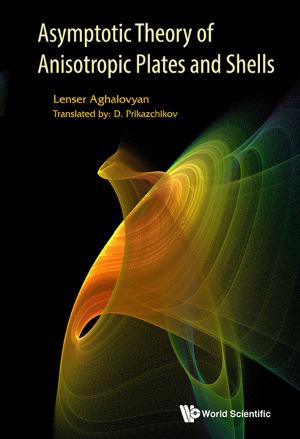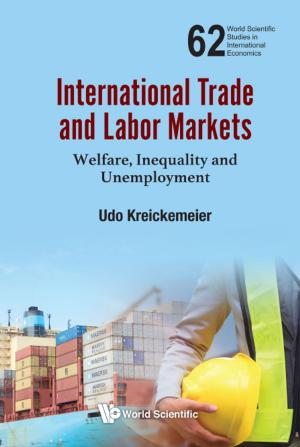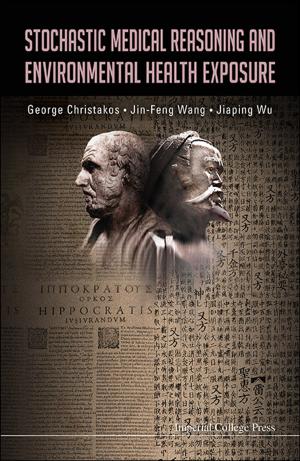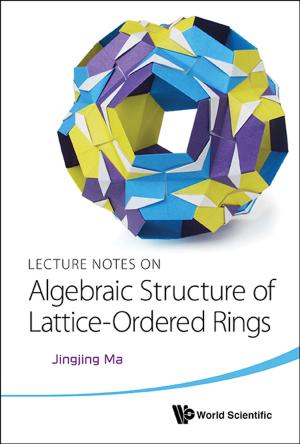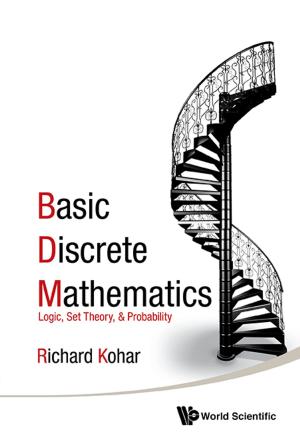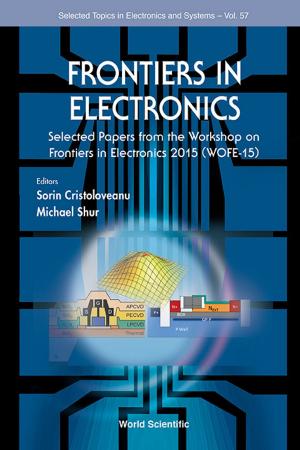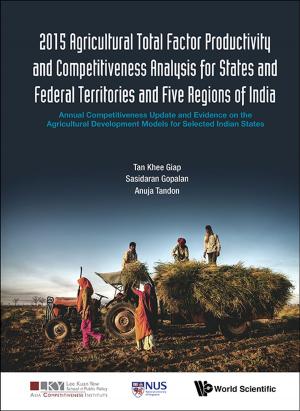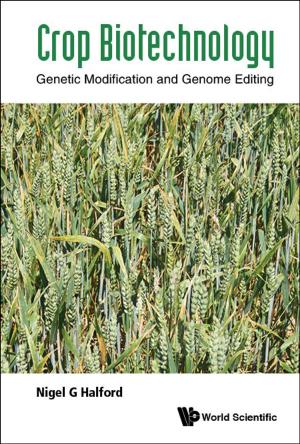Writing the Modern History of Iraq
Historiographical and Political Challenges
Nonfiction, History, Middle East, Social & Cultural Studies, Political Science, Politics, History & Theory| Author: | Jordi Tejel, Peter Sluglett, Riccardo Bocco;Hamit Bozarslan | ISBN: | 9789814390569 |
| Publisher: | World Scientific Publishing Company | Publication: | September 6, 2012 |
| Imprint: | WSPC | Language: | English |
| Author: | Jordi Tejel, Peter Sluglett, Riccardo Bocco;Hamit Bozarslan |
| ISBN: | 9789814390569 |
| Publisher: | World Scientific Publishing Company |
| Publication: | September 6, 2012 |
| Imprint: | WSPC |
| Language: | English |
The modern history of Iraq is punctuated by a series of successive and radical ruptures (coups d'etat, changes of regime, military adventures and foreign invasions) whose chronological markers are relatively easy to identify. Although researchers cannot ignore these ruptures, they should also be encouraged to establish links between the moments when the breaks occur and the longue durée, in order to gain a better understanding of the period.
Combining a variety of different disciplinary and methodological perspectives, this collection of essays seeks to establish some new markers which will open fresh perspectives on the history of Iraq in the twentieth and twenty-first centuries, and suggest a narrative that fits into new paradigms. The book covers the various different periods of the modern state (the British occupation and mandate, the monarchy, the first revolutions and the decades of Ba'thist rule) through the lens of significant groups in Iraq society, including artists, film-makers, political and opposition groups, members of ethnic and religious groups, and tribes.
The modern history of Iraq is punctuated by a series of successive and radical ruptures (coups d'etat, changes of regime, military adventures and foreign invasions) whose chronological markers are relatively easy to identify. Although researchers cannot ignore these ruptures, they should also be encouraged to establish links between the moments when the breaks occur and the longue durée, in order to gain a better understanding of the period.
Combining a variety of different disciplinary and methodological perspectives, this collection of essays seeks to establish some new markers which will open fresh perspectives on the history of Iraq in the twentieth and twenty-first centuries, and suggest a narrative that fits into new paradigms. The book covers the various different periods of the modern state (the British occupation and mandate, the monarchy, the first revolutions and the decades of Ba'thist rule) through the lens of significant groups in Iraq society, including artists, film-makers, political and opposition groups, members of ethnic and religious groups, and tribes.

